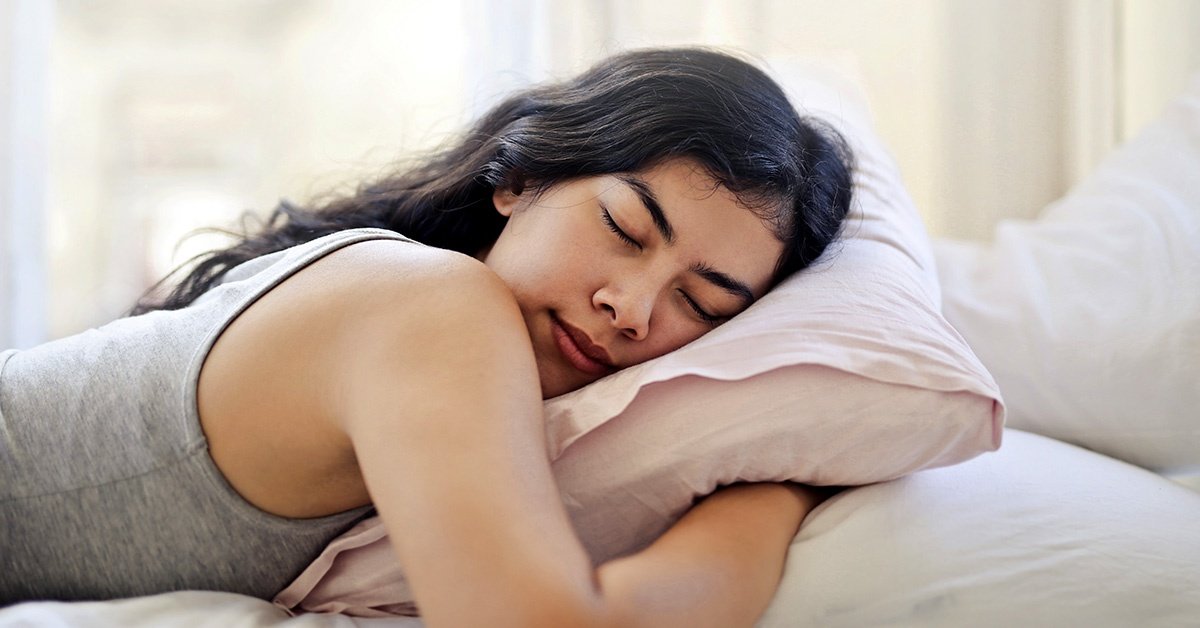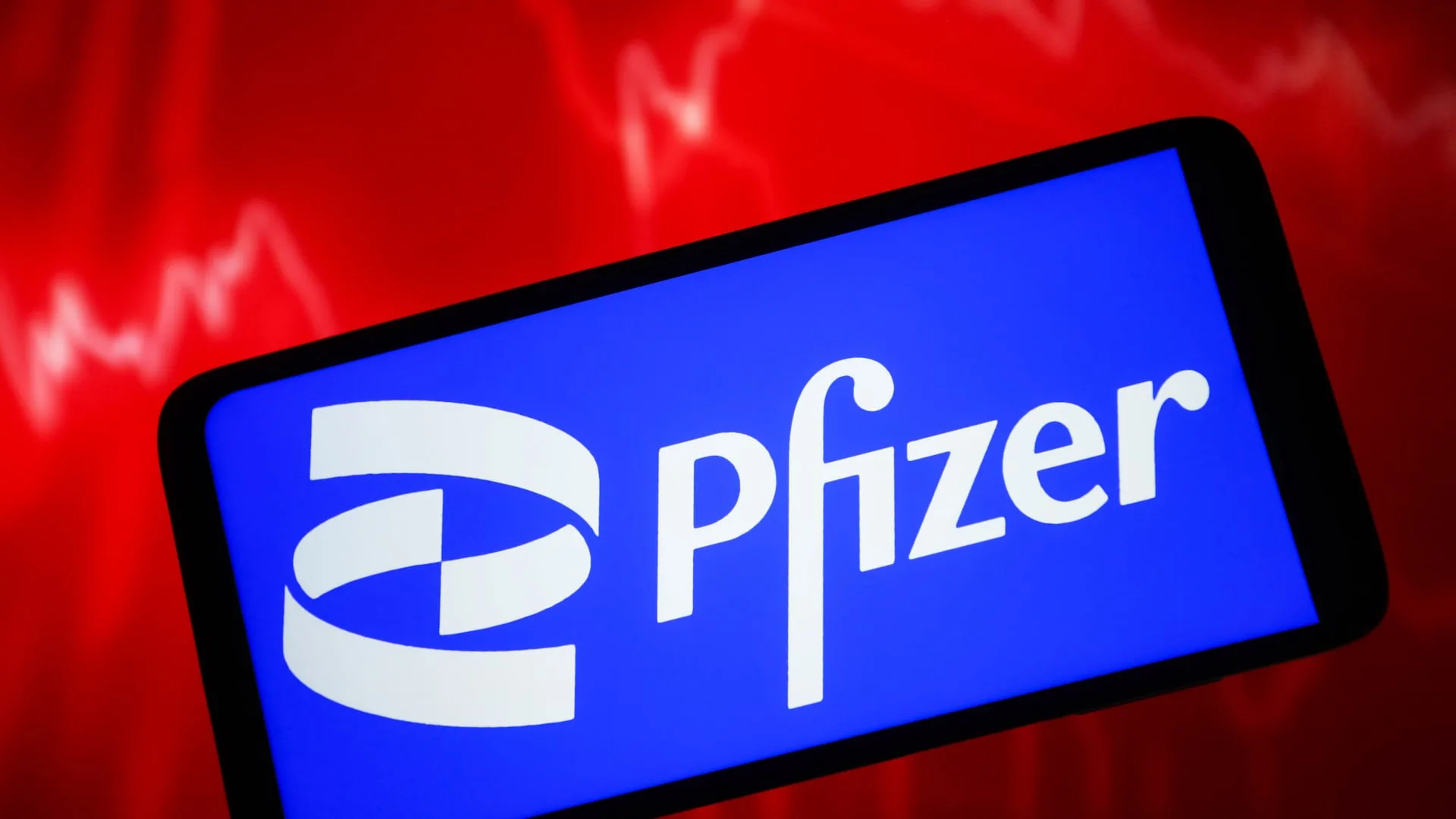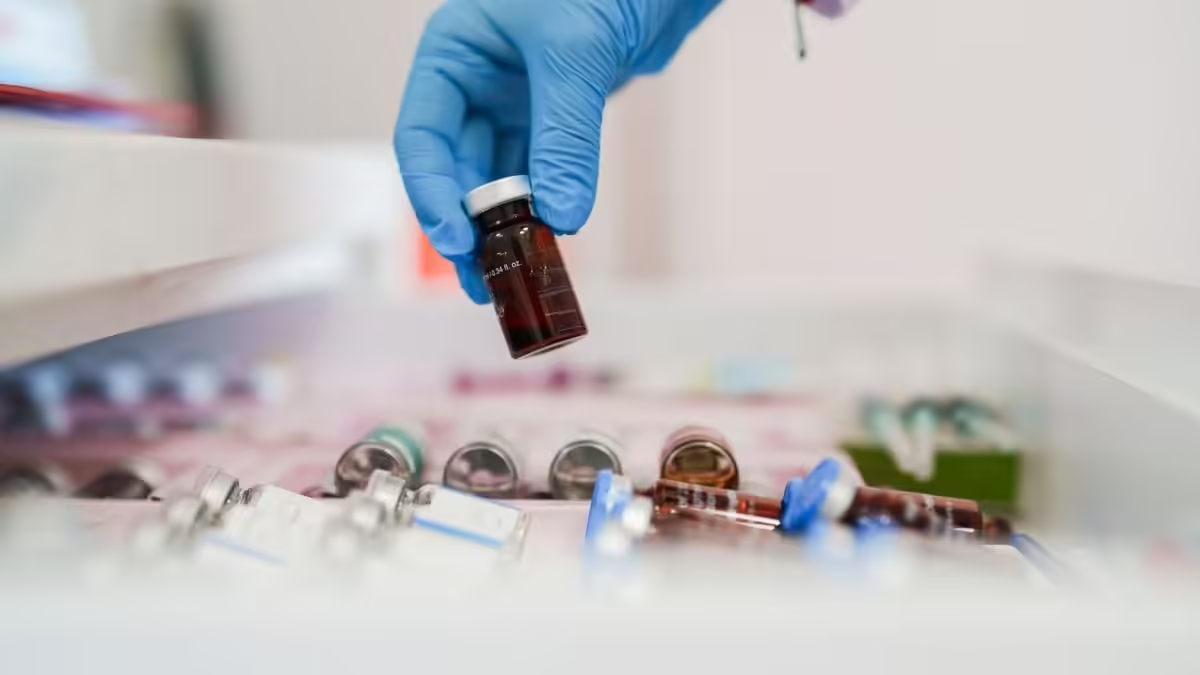Sleep plays a crucial role in the lives of teenagers, especially those grappling with depression, as irregular sleep patterns and sleep deprivation can significantly impact their physical and mental well-being.
Research indicates that establishing healthy sleep patterns among teenagers can be beneficial for their educational development, particularly for “night owls” who naturally prefer staying up late and waking up late, a habit that can increase their vulnerability to depression in educational settings.
Researchers at UC San Francisco have recently uncovered an approach to assist adolescents dealing with depression in aligning their sleep schedules with their natural circadian rhythms while still fulfilling their school obligations.
The study highlights that while 40% of teenagers in general identify as night owls, a striking 80% of those with depression report late-night sleep patterns.
The intervention introduced in the study aimed to help night owls gradually transition to falling asleep earlier by structuring their daily routines to accommodate later wake times.
Lauren Asarnow, a clinical psychologist specializing in sleep health at UCSF Health, noted, “A significant discovery here is that there is a subset of teenagers for whom addressing sleep is particularly crucial in improving depression symptoms. The other significant finding is that they need to be able to lead a life that aligns better with their natural sleep-wake cycles.”
The study, published in the Journal of Child Psychology and Psychiatry in August, analyzed data from 42 participants with clinical depression who were part of a larger study involving 176 night-owl adolescents. Twenty-four of these adolescents underwent the Transdiagnostic Sleep and Circadian Intervention (TransS-C), while 18 received educational sessions on healthy lifestyles. The participants maintained sleep diaries, used sleep monitoring devices, and attended weekly 45-minute therapy sessions for eight weeks.
At the beginning of the study, all teens had scored at least 40 on the Children’s Depression Rating Scale, indicating significant depression. A score of 28 or lower signifies remission. Six months after treatment, the intervention group’s average score dropped to 21.67, compared to 32.5 for the group that received the healthy lifestyle intervention. At 12 months, the intervention group scored 24.97, compared to 32.75 for the control group.
Another study on depression, which has received funding on a larger scale from the National Institute of Mental Health, will enroll 200 Bay Area teenagers in the upcoming fall.
This research highlights that approximately 3 million adolescents experience at least one major depressive episode annually, with 40% of them not responding to traditional treatments. Additionally, it suggests that teenagers with later sleep and wake times face a higher risk of recurrent depression, severe depression, suicidality, and poor response to antidepressant treatment.
Asarnow emphasized, “There is a saying in our psychology and psychiatry clinics that the best treatment for depression and anxiety is summer break. We need to stop calling these kids ‘lazy.’ A lot of the time, it is just their biology. It’s not their fault.



